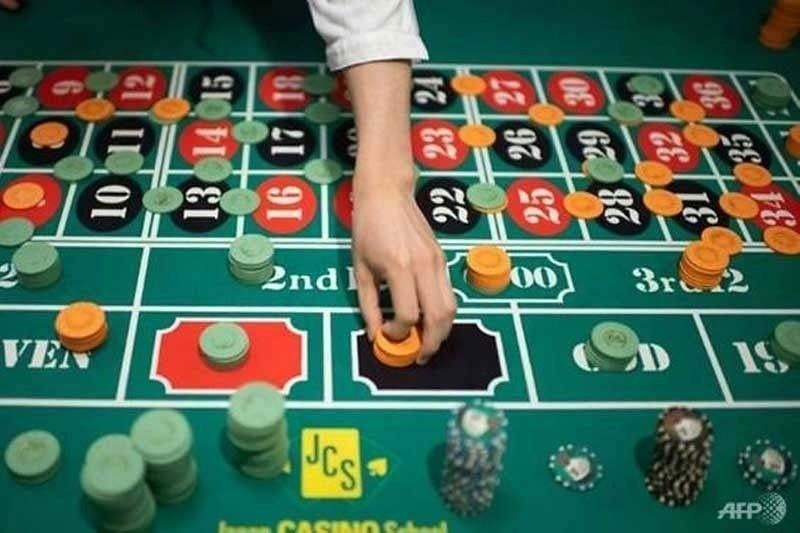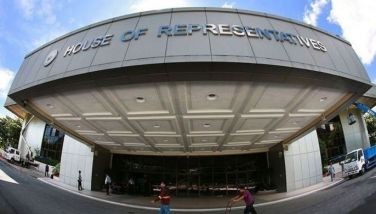POGO contribution to economy remains dismal

MANILA, Philippines — The contribution of Philippine offshore gaming operators (POGOs) to the economy is expected to remain negligible this year, prompting the economic team and lawmakers to permanently ban the industry.
During the House Committee on Games and Amusements hearing on Tuesday, the Department of Finance (DOF) and the National Economic and Development Authority (NEDA) both supported the bill and resolution banning POGOs and declaring it as illegal.
NEDA assistant secretary Sarah Lynne Daway-Ducanes argued that the potential negative impact of POGOs outweigh the minimal economic contribution of its continued operation.
Estimates showed that the POGO industry’s contribution to gross domestic product (GDP) continues to be negligible and will remain at around 0.2 percent for this year.
This is slightly below the 0.3 percent last year and is a further decline from the 0.7 percent contribution to GDP during the POGO peak in 2019.
Daway-Ducanes also emphasized that maintaining POGOs places the country at risk of being included in China’s blacklist of tourist destinations with the Philippines eventually losing Chinese tourists.
“Chinese tourists dwindled due to the pandemic and we aim to raise this substantially especially that we are banking on tourism as one of the main drivers of growth in the medium term,” Daway-Ducanes said.
If POGOs continue to operate and China decides to blacklist the Philippines, Daway-Ducanes said the economy stands to lose 0.8 to one percent of GDP.
“If we bump this up against economic benefits, we are looking at a net negative impact of POGOs in the country,” Daway-Ducanes said.
“While there is uncertainty about blacklisting and the extent of its impact to tourism, offshore gaming generally remains illegal in most Southeast Asian countries,” she said.
Maria Karla Espinosa, DOF director at the Fiscal Policy and Monitoring Group, also expressed support to the prohibition of POGOs due to the social costs and reputational risks that they entail.
Espinosa argued that social ills associated with POGOs are opening up to high reputational risks which can severely affect the country’s efforts in attracting foreign direct investments.
The DOF official likewise noted that the pullout of POGOs would not derail the real estate industry considering that the condominium market, which also serves the POGOs, remains resilient and is in recovery mode.
“We cannot afford to lose the needed productive investment and their accompanying revenue from more legitimate industries which can be gained from positive business perception at a time when the country is gearing toward full economic recovery,” Espinosa said.
The Philippine Amusement and Gaming Corp. (PAGCOR), on the other hand, disagreed to ban POGOs in the country, saying this is not the appropriate response to the challenges of the sector.
Instead, PAGCOR offshore gaming licensing department senior manager Renfred Tan said the agency is advocating for proper regulation through intensive monitoring and better interagency coordination and data sharing.
Tan emphasized that PAGCOR has initiated some regulatory reforms to enhance POGO regulation such as increasing the capitalization requirements for license applicants.
- Latest
- Trending






























